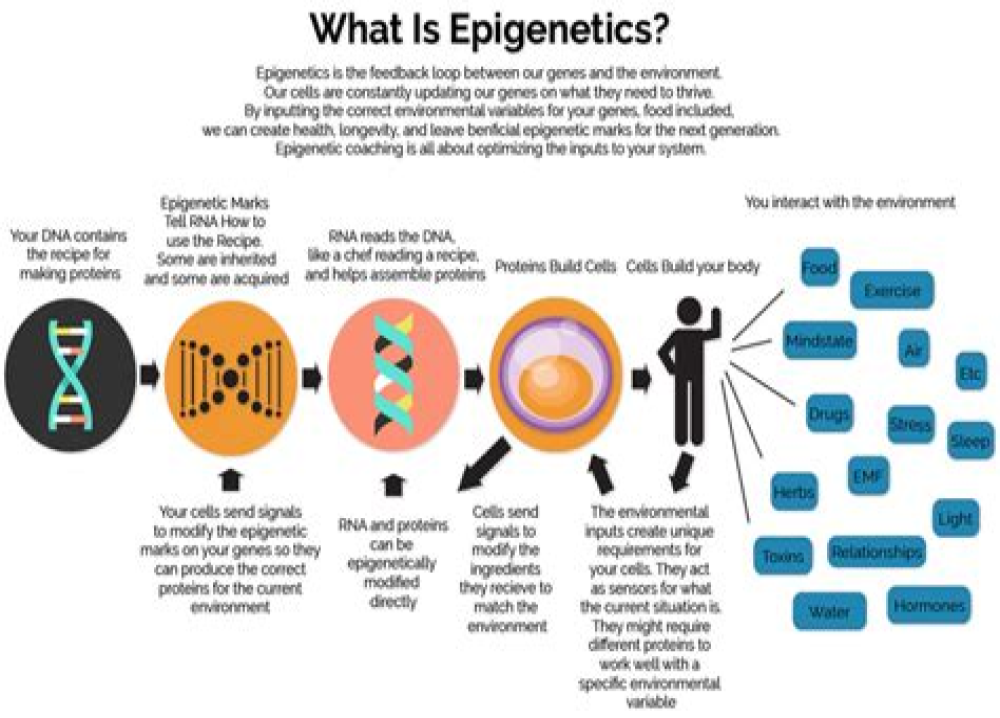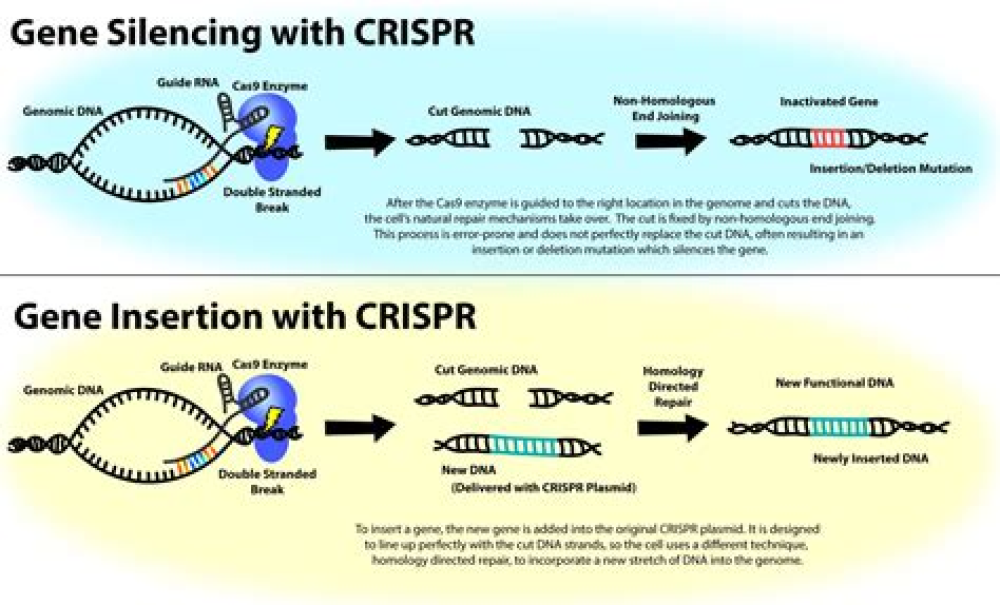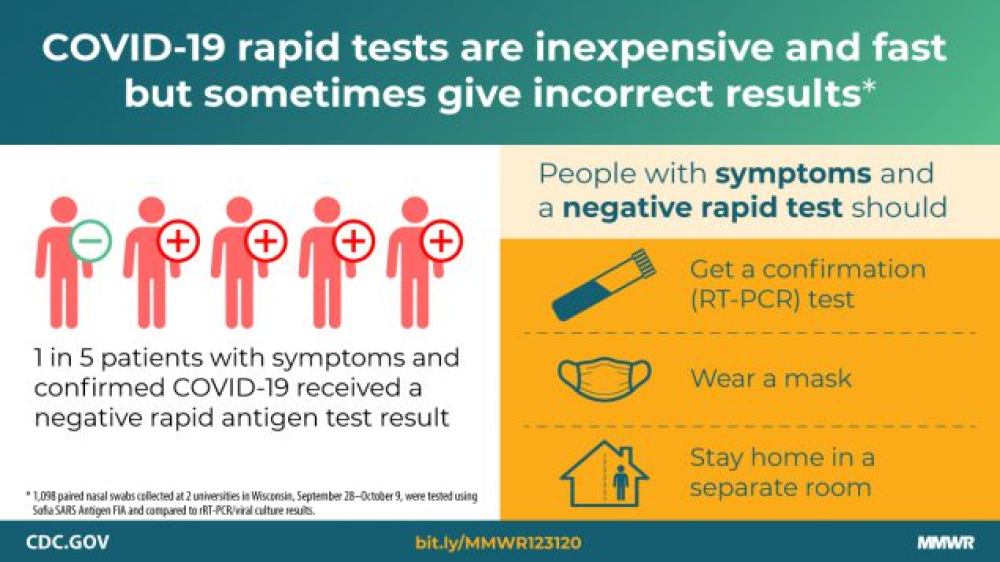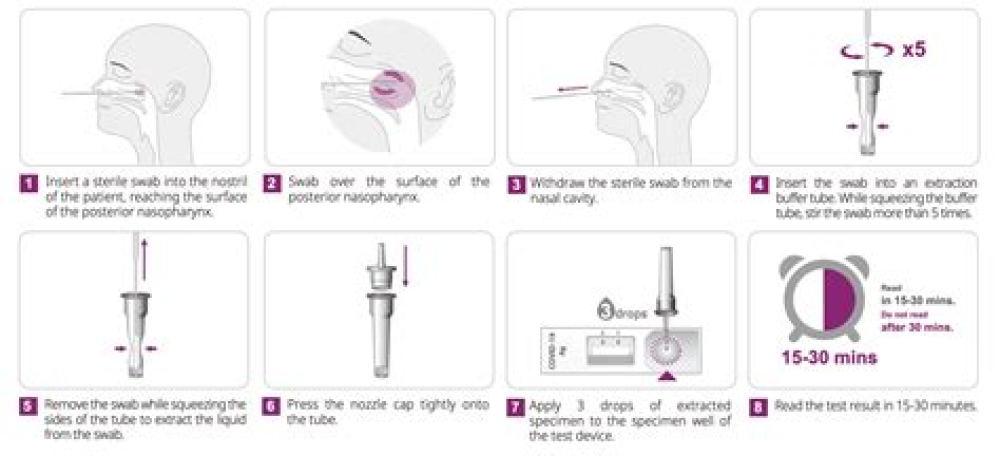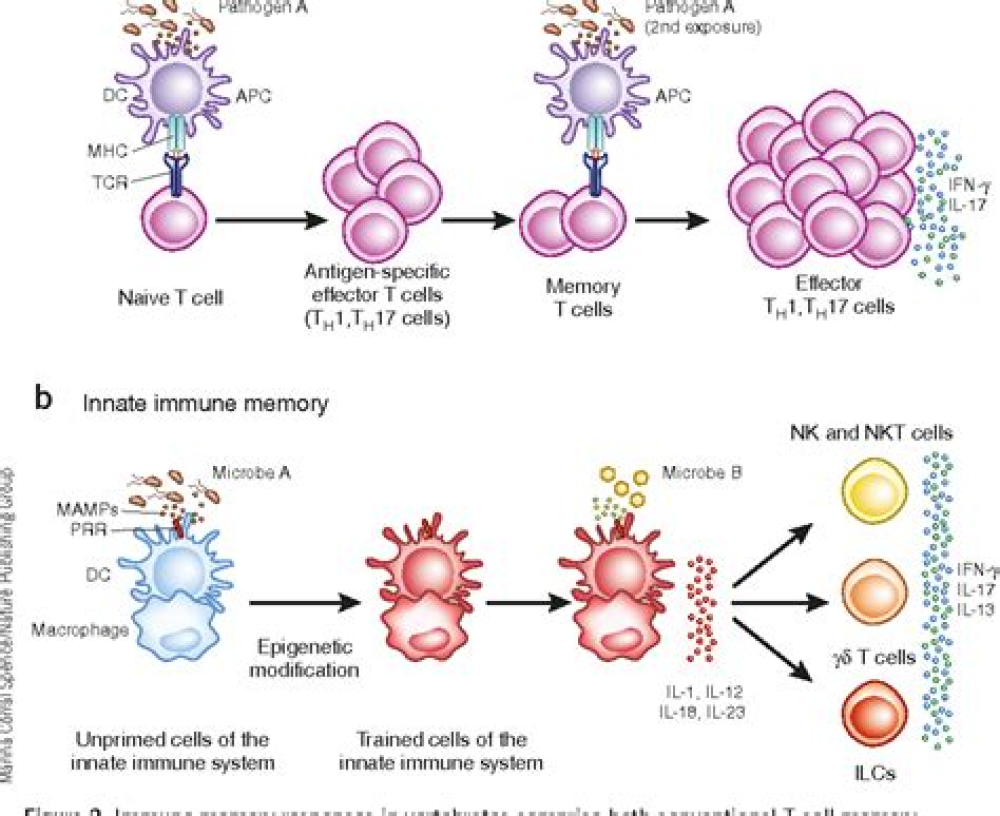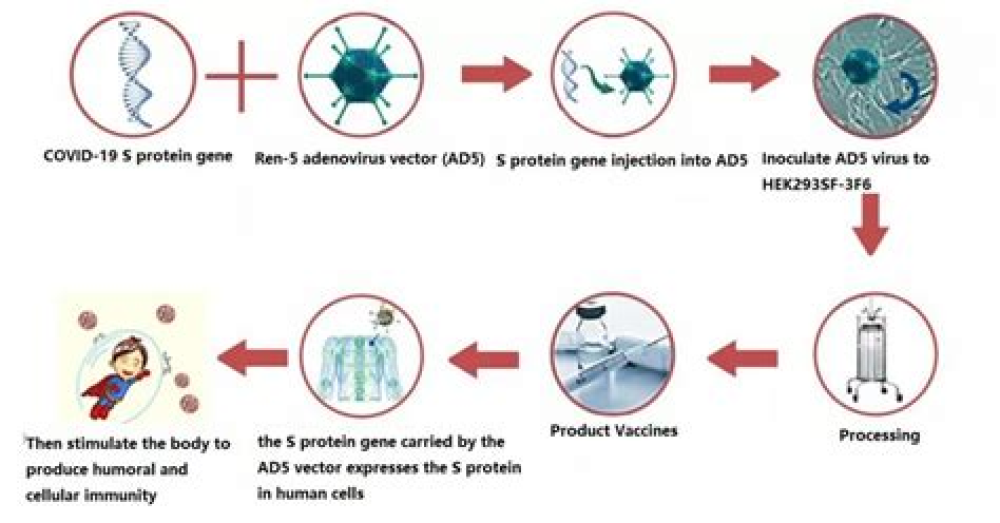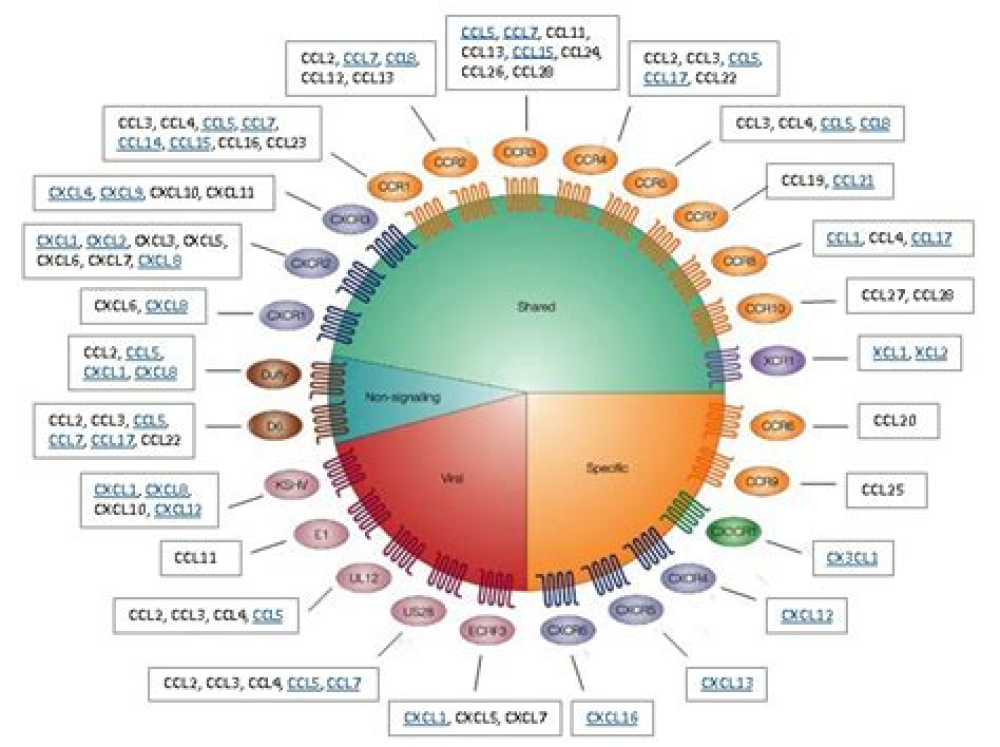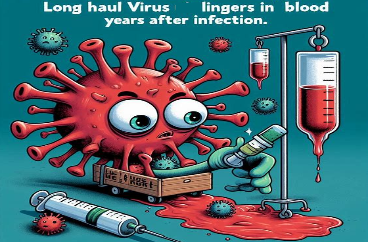
COVID’s Long Haul: Virus Lingers in Blood Years After Infection
Featured Neurology Neuroscience, March 7, 2024 Summary: SARS-CoV-2, the virus responsible for COVID-19, can persist in the blood and tissue of some patients for up to two years post-infection, offering new…[...]
Read More